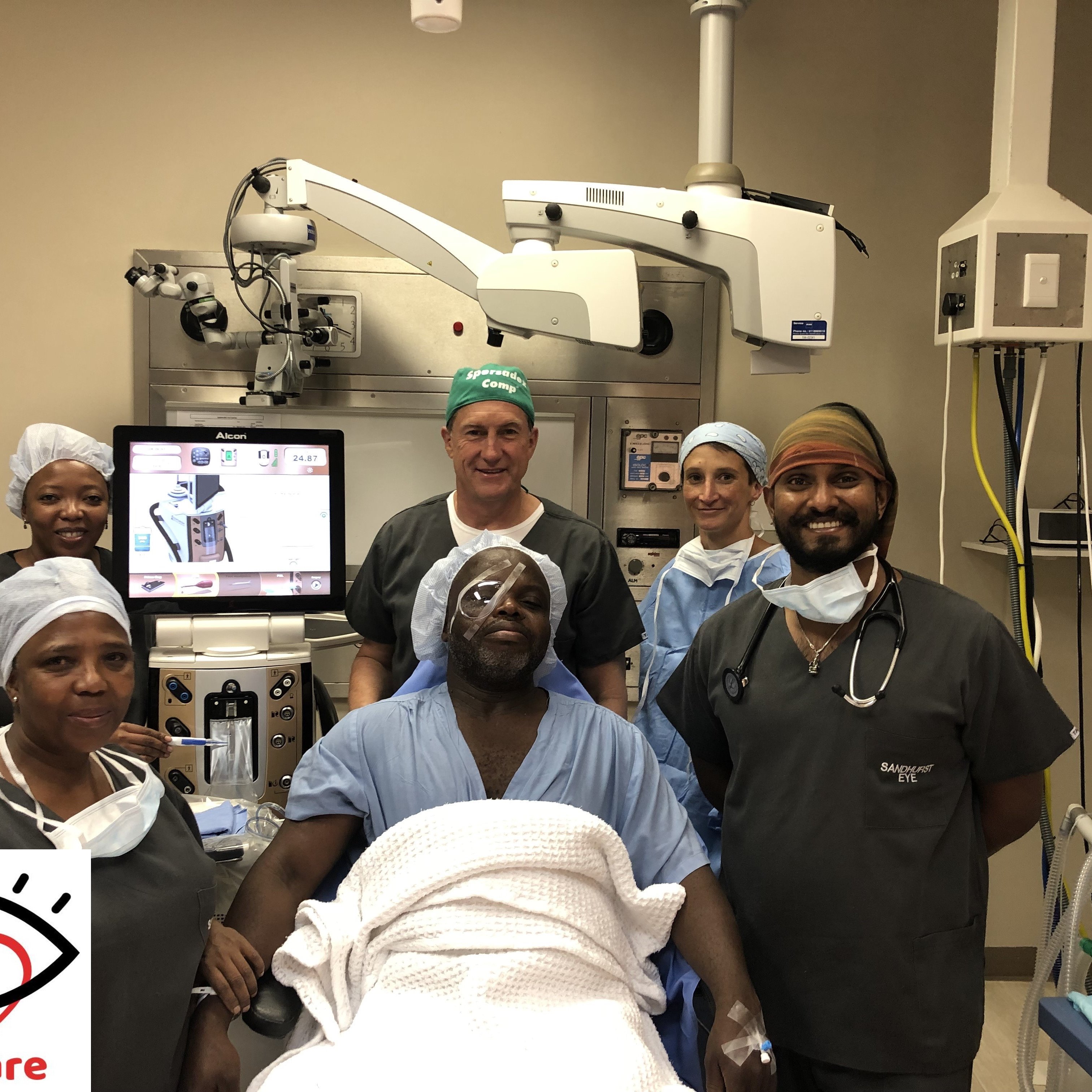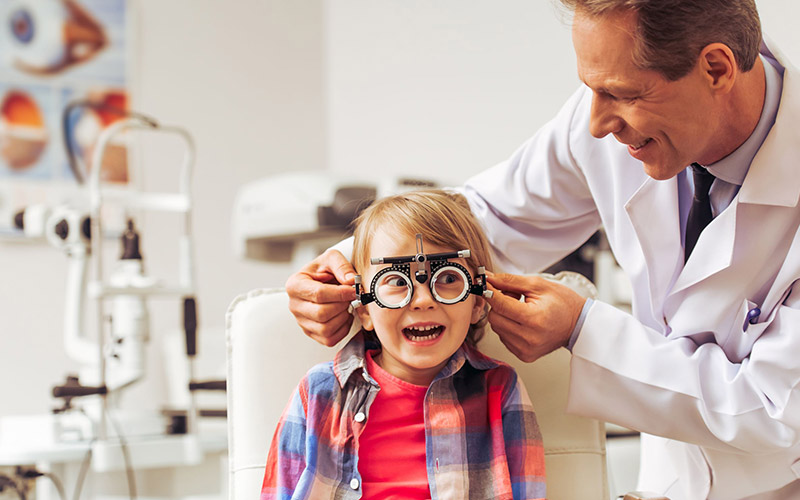Human vision is so vital that regular visits to an optometrist should be a given, but because people are nervous about visiting an optometrist, many ignore issues that could otherwise easily be solved.
It’s incredible to think that while humans have five senses, up to 80% of all our impressions are perceived by means of our sight. With so much of your perception dependent on your eyes, is it any wonder that optometrists recommend having a comprehensive eye exam every one to two years?
However, although most people may recognize the value of such visits, many people remain nervous about visiting an optometrist, particularly as they tend to be unsure of what information a medical professional will require and are further unaware of the right questions to ask.
As with any first visit to a medical professional, suggests Tania Noach, an optometrist at Vision Works, the more comprehensive the information you can provide, the better your visit will go.
“I would advise people to ensure they have as much information on their ocular history as possible, including bringing along their old glasses and informing the optometrist of any medical issues relating to their eyes, as well as any issues in the family history. This is because some eye diseases are genetic in nature, so knowing the family background can be critical,” she says.
“It is also important to inform them in detail of the environment you work in. After all, a prescription will be different depending on whether your job keeps you in front of a computer all day or your career involves a lot of outdoor work. Extremely bright natural light and screen glare can both affect your eyes, just in different ways.”
Noach adds that many people who visit the optometrist don’t have a clear understanding of what is wrong with their eyes, such as whether they are short or long-sighted. For this reason, it is vital to ask the specialist to clearly describe your condition and understand how it works and what the impact will be on you.
“Only by clarifying the condition will you properly understand when exactly you need to use your glasses. Using them inappropriately – such as for reading when you actually require them for driving – is not only inappropriate but can create additional issues, such as tension headaches and eye strain,” she says.
“Following on from this, it is also important to discuss any symptoms your eyes may be experiencing, such as tearing, burning or itching and what medicine you may be using to treat these symptoms. The more comprehensive the information you provide, the more effectively the optometrist can treat you.”
It is also necessary to put to bed once and for all the urban legend that your eyes will only get weaker once you start wearing glasses, she continues.
“As long as they are prescribed correctly – which they should be, provided you have given all the relevant background to the optometrist, glasses will serve purely as a support function to correctly deliver the picture your eyes see to your brain. They certainly do not in any way weaken or worsen your eyes any further.”
“Bearing in mind that your eyes are probably your single most important sense, it is only logical that you look after them well. To this end, patients should ensure they do undertake an annual eye test, and should glasses be required, don’t forget to ask for clarity on any part of their usage that may be unclear, when you arrive to collect these from your nearest Vision Works,” she concludes.









